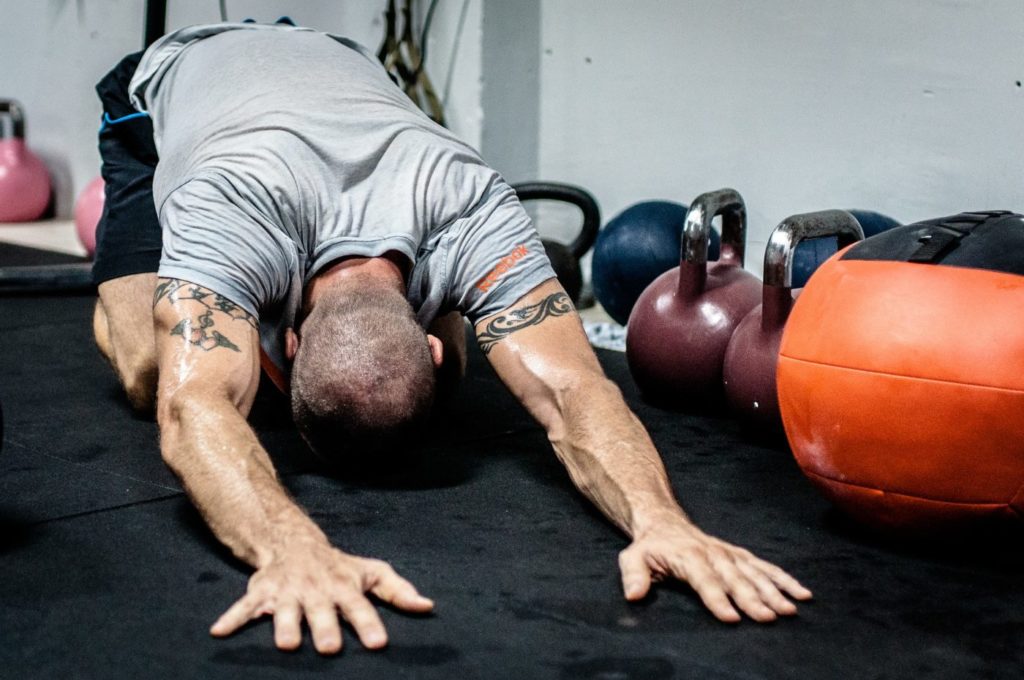Pain, it’s a complex thing. It’s definately not pleasant if you’re experiencing it and, as a practitioner / therapist it’s a difficult cycle to break. Pain influences behaviour, which influences activity, which influences muscle conditioning …. which ultimately influences function and … yep, pain!
Emotions
The scientific study of pain is so interesting and illustrates what complex beings we are. For example how we relate to pain emotionally and our expectations can influence the magnitude of the pain we experience, which incidentally can be completely independent of whether or not we’re doing physical damage to ourselves.
Communication
I’m not a pain researcher and do not profess to have the knowledge and experience of those who have spent their career researching the subject. I do know though that how you convey information to a patient can influence their rehabilitation journey, for example whether or not people set out with the expectation that they’re going to get better. Incidentally, this is one of the reasons why the use of language such as ‘wear and tear‘ and ‘degeneration‘ is being questioned in the education of OA patients – doesn’t really set people up for a positive outlook. Anyways, I learnt this about 20 years ago by observing one of my PhD supervisors. He was one of the most respected knee surgeons in the UK at the time and he performed the first ACI surgery in this country. He’s now retired, but his legacy lives on. He was so positive in his outlook and interactions with patients, which was at odds with other, highly competent surgeons. Factually, the same information was being delivered, as was the the level of care, but it seemed as though the patent reported outcomes were better somehow.
Please note, I’m not advocating the promotion of false hope, nor am I bashing those who do a sterling job of putting us back together. I do, however, think it’s interesting how our mind, our psychology, can influence or recovery, or perceived recovery.
The Science
Yes, this is a completely anecdotal account (!) and I claim for it to be no more than that. However, you may find it interesting to listen to the series of BJSM podcasts on pain where they interviewed Dr Tasha Stanton. Unlike me, is is a well known pain researcher and she gives a fantastic summary of the pain literature. Not only that she describes the experiments where emotions and expectations have been shown to modulate the pain response. They are defiantly worth a listen – and illustrate some of the science behind my musings!
Podcast 1
Podcast 2

